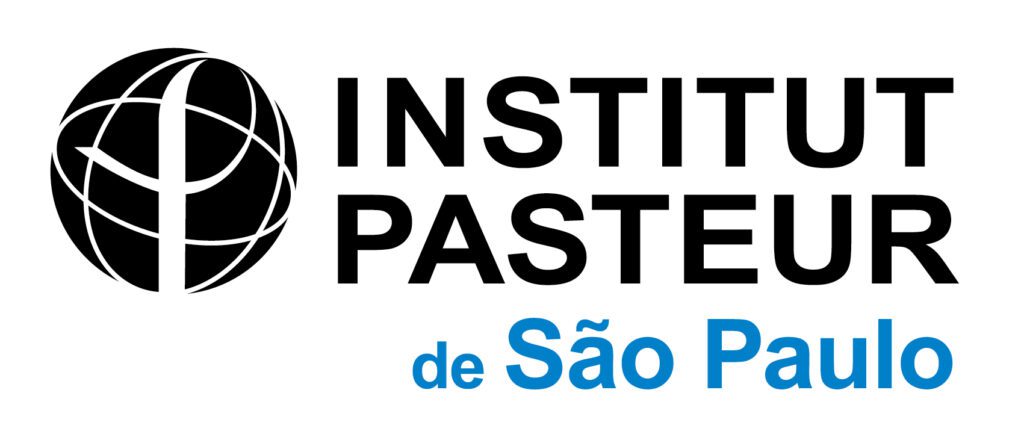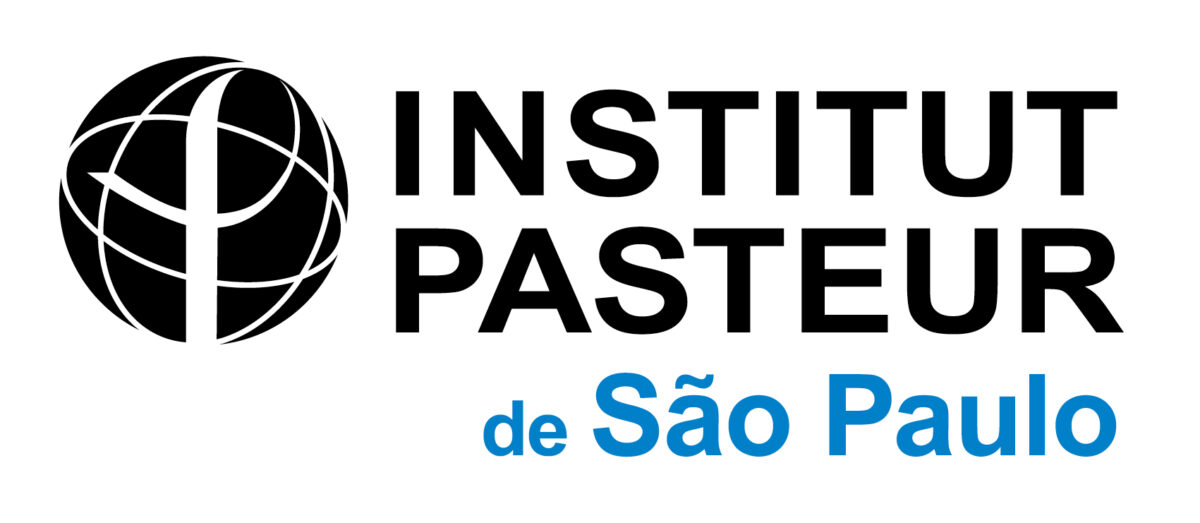Project 1 – Development of a new in vitro inhibition strategy for Zika Virus and Influenza Virus using the CRISPR-Cas13 RNA editing technique as a treatment alternative
Funding: FAPESP
Lead researcher: Edison Luiz Durigon
Associate researcher: Flávio da Silva Mesquita
Over the past decade, the world has seen a significant increase in emerging and re-emerging diseases. Several flu pandemics caused by the Influenza virus have been described, with the last one occurring less than ten years ago. The danger of a new pandemic is always present, mainly due to the high mutation rate of this virus.
An increase in the frequency of mutant viruses in circulation has been a cause of concern, since one of the neuraminidase surface protein inhibitors (Oseltamivir) is the most prescribed antiviral drug for the control of influenza infections. The rise of strains that are resistant to Oseltamivir among the viruses of Influenza A (H1N1) indicate that it is necessary to find new forms of treatment.
In this context, the CRISPR-Cas genomic editing tool, developed from an immune defense mechanism acquired from prokaryotes, stands out. This well-known technique uses the Cas9 protein, which targets genomic DNA. However, a new Cas nuclease has come into the spotlight: Cas13 protein, which manipulates RNA molecules instead of DNA. The technique has been used as an in vivo RNA tracer, a diagnostic method, and in gene editing.
When developing a therapeutic alternative for RNA viruses – as is the case with Influenza – it is important to test the treatment on both negative strand viruses (RNA-) and positive strand viruses (RNA+). Therefore, in addition to the Influenza virus, which has an RNA- genome, Zika was chosen as an RNA+ virus, due to its impact on Brazilian and global public health.
Our project aims to use the new CRISPR-Cas13 technique as a means of treatment for the Influenza and Zika viruses, bearing in mind the particularities of the genomes of these viruses, which would be excellent targets for the Cas13 protein. Furthermore, the study will also expand the knowledge regarding this new nuclease by testing new forms of delivery/transfection, making it possible to add new pieces of information to the study of genome editing.
Project 2 – Standardization of the SHERLOCK (Specific High-Sensitivity Enzymatic Reporter Unlocking) technique using the Cas13a protein to diagnose the Syncytial Virus in pediatric patients
Funding: FAPESP
Lead researcher: Edison Luiz Durigon
Associate researcher: Camila Pereira Soares
According to the 2017 WHO’s Human Respiratory Syncytial Virus (RSV) strategy and surveillance program, the number of cases of lower tract respiratory infection associated with RSV reaches 33 million annually, which results in 59,600 deaths of children under 5 years of age and 27,300 deaths of infants under 6 months. Around 50% to 70% of childhood infections occur in the first two years of life and are related to the development of asthma and chronic respiratory diseases in adulthood.
Recent studies have indicated RSV’s contribution to morbidity and mortality in the elderly and in immunocompromised people, such as transplant recipients and HIV-positive patients. This is the basis for the slogan “An Illness for All Ages”, an attempt to draw attention to the search for preventive measures, treatment, and diagnosis of RSV in adults as well.
Currently, one of the most common diagnostic methods for RSV is Polymerase Chain Reaction (PCR), which is highly sensitivity and specific and allows for faster results. However, the technique is still expensive and requires specialized facilities, which most laboratories and hospitals do not have.
Therefore, the project will investigate the CRISPR-Cas technique, which has shown good results in the molecular diagnosis of infectious diseases. Our objective is to use the Cas13a protein to detect Respiratory Syncytial Virus directly from clinical material from children with acute respiratory disease and compare it with the standard Real Time PCR technique. Our hypothesis is that the CRISPR technique can provide faster and cheaper diagnosis with a similar level of specificity and sensitivity.
Project 3 – Interference on SARS-CoV-2 virus assembly targeting E protein with rational drug design
Lead researcher: Carsten Wrenger
Collaborating researchers: Edison Luiz Durigon, Christian Betzel (University of Hamburg, Germany), Alke Meents (German Electron Synchrotron – DESY), Thales Kronenberger (University of Turbingen, Germany)
Students: Lizdany Florez Alvarez (FAPESP PhD fellow)
The research focuses on drug discovery against viral infections such as SARS-CoV-2. In particular, the project targets the structural peculiarities of protein processing during viral progression.



